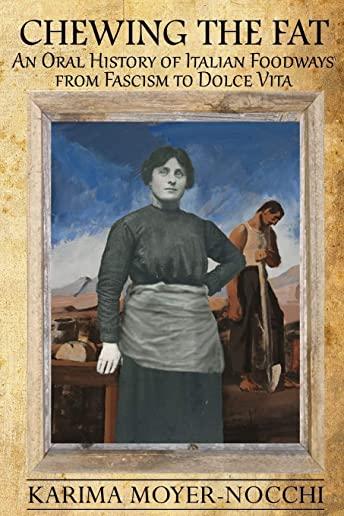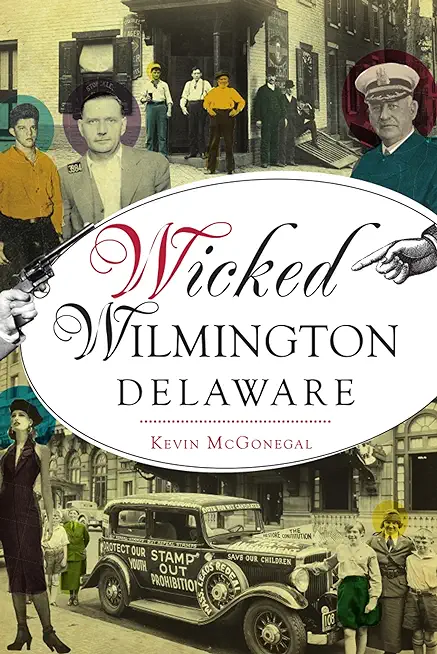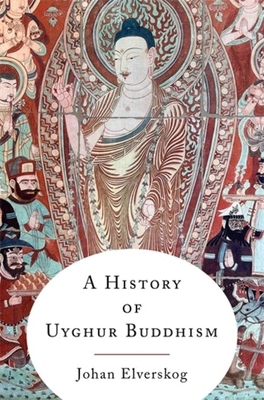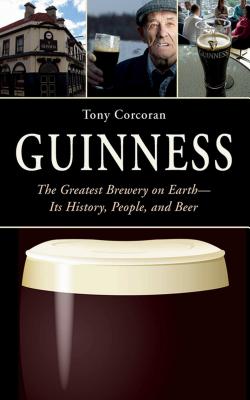
Moyer-Nocchi, Karima
Ah, if only it were true. If there was a glorious yesteryear of Italian feasting, it was enjoyed only by society's elite. As for standard, rustic fare, such meals bore little resemblance to what is now considered-even in Italy-traditional Italian food.
Determined to separate out the folklore from the fakelore and reveal the intriguing yet uncelebrated past of Italian foodways, food historian Karima Moyer-Nocchi interviewed Italian "ninetysomething" women from various walks of life, from charcoal-makers to countesses. Her travels spanned from the far north to the deep south, as well as Italy's former landholdings. All of the interviewees had lived through the harrowing years called the Ventennio fascista, the twenty-year reign of fascism in Italy, and were eager to have their final say.
What follows are eighteen remarkable oral narratives, each building upon the last to create a mosaic of Italian foodways, from the fascist era through to the post World War II boom, the "Dolce Vita." Each woman contributes a recipe chosen specifically to reflect what food was like when she was growing up under Mussolini. The narratives are separated by astringent, yet entertaining essay briefs, illuminating various aspects of gastronomic history and daily life in fascist Italy.
Engrossing and engaging, Chewing the Fat gently debunks the myths of Italy's gastronomic nostalgia industry, revealing a culture of food that is surprisingly different from the image most people have of Italian cuisine.
"A remarkable insight into the realities of Italian food. This book lays bare the multiple dimensions of Italian gastronomy: geography, politics, social background, education and economics. It is an eloquent dissection of the nuances of the world's favorite cooking as well as a magical exercise in memory. A brilliant reconstruction of the kitchens and cookery (and much else besides) of a previous generation."
-Tom Jaine, Food writer, publisher, critic, and restaurateur
"Moyer-Nocchi succeeds in conveying a world that needs to be remembered and appreciated in its complexity. There were no heroes or villains, just people struggling to survive. It is always important to know where we come from to have a more objective and informed vision of who we are."
Fabio Parasecoli - Huffington Post
"This is a book to read from cover to cover, as the carefully crafted structure reveals a much more complex narrative than just a few interviews with old ladies, and chats on past foodways. Karima Moyer-Nocchi is one of a new generation of historians intent on redressing the balance of Italian food history, putting cherished myths into proper perspective."
Gillian Riley - author of The Oxford Companion to Italian Food







